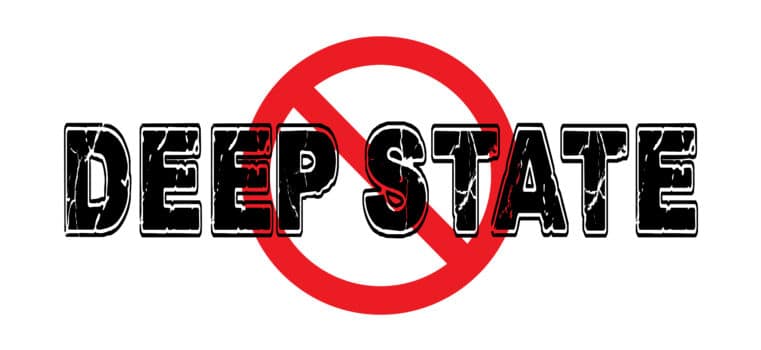
The Media’s Market Narratives Are All Wrong!
The stock market seems to have recovered from the frightening plunge we experienced a few weeks back. Market pundits are calling it a “correction.”
That’s a funny term, “correction.” It implies a temporary adjustment. But an adjustment to what? The market’s upward trend (that’s the implicit message).
This makes the last correction we just had something of a “blip.” And as we all know, blips are insignificant. With that blip out of the way, we can now get to what’s substantial...what’s “real.”
Isn’t that what almost every market pundit on television is saying? That’s what I heard several times today when I tuned into CNBC and Bloomberg.
Like all media, they are taking the “rawness” of events and presenting it to you within a story, a narrative…
GDP indicates that the economy is strong, reflecting two quarters of growth at 3% despite the last quarter which fell slightly beneath consensus expectations. But as the Trump tax cuts come into play, their effect on growth will be significant. Interest rates will increase as a response to these factors, and although stocks will adjust to the higher interest rate environment, they nevertheless still have plenty of room to the upside as stocks eventually find their footing.
That’s the story. It’s clear and simple. But perhaps, it’s too clear and too simple.
You see, unlike the media, the markets don’t follow a scripted reality. And neither should you!
The past 9 years of stable and bullish growth was not a “natural” phenomenon. You know this. It was an artificial effect of central bank policy. These policies are no longer going to be effective. This artificial stability is at an end.
Central banks are coming to the realization that the consequences of this experiment in monetary stimulus are...at best, “unknown,” particularly in light of the fact that the investors have been relying on the central bank to continually prop-up the markets.
The economy, on a global scale, seems due for a downturn in the business-cycle--a recession. The recovery that we had appears to be one of the weakest of recoveries in 60 years, yet it also happens to be one of the most overextended.
Prior to the recent correction, media and public sentiment was characterized by a hybrid sense of complacency and euphoria. It also marked a period when just about every household, according to JPMorgan and E-Trade reports, opened up trading accounts, jumped into the markets, and went net long on equities (not to mention that many did so on “margin”). Isn’t this what always tends to happen at market tops?
Many investors don’t quite realize this, but they have grown accustomed not only to certainty but a kind of “entitlement.” Central banks have given them consistent positive returns.
This power that central banks have been wielding--the power to artificially support the market’s upward trajectory--has bred two dangerous conditions: moral hazard (speculating more than we should because we are “insured”) and irrational exuberance (such as what we are seeing now).
This certainty and entitlement has reached an end. Risk assets will now have to decline to adjust to the conditions of real wealth production in a “real” economy.
And how far must it decline to achieve this balanced state?
To put it simply, a long way down.











